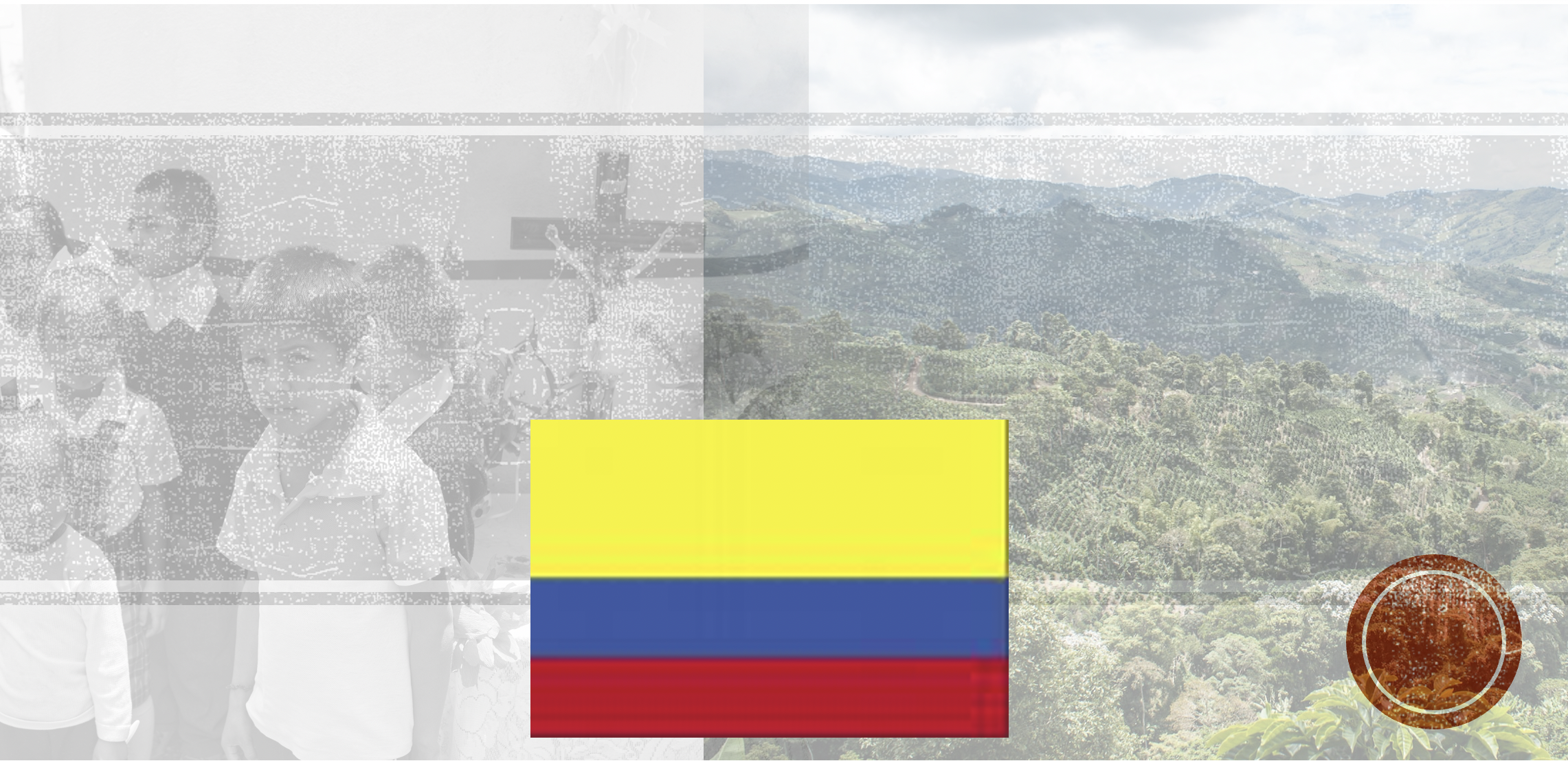Psychology and Human Rights – Addressing the biopsychosocial effects of prolonged human rights violations
Wilson Lopez Lopez
Pontifical Javeriana University
lopezw@javeriana.edu.co
Societies that have experienced prolonged social and armed confrontations end up developing ecosystems of violent conflict resolution. The dynamics of these ecosystems are sustained by psychosocial dimensions that install cultural practices and actors that legitimize conflict. The violations of human rights arising from these systems (which include essential segments of the population) results in a society caught between those who are committed to sustaining the ecosystems of war and those who wish to move toward peace.
In societies that have lived through generations of these conditions of human rights violations, the use of violence as a cultural practice is evident in all spheres of life for individuals and communities. In other words, individual, relational, intergroup, and societal dynamics are affected, undermining the biopsychosocial (mental) health of the populations affected by these conditions.
It is important to note that the effects of prolonged violence are biopsychosocial. There are psychosocial wounds that result from systematic and legitimized violations of human rights that are usually invisible and minimized, unlike the loss of life, or the loss of physical or economic resources that are highlighted by the media and used as a basis for justification for armed confrontations. In addition to being invisible, the psychosocial impacts of violence are often responsible for endless chains of violence-revenge-violence that are a determining factor in the recruitment of legal and illegal armed groups. There are also collateral health problems that arise in those directly affected by human rights violations or in those who have been permanent witnesses of the conflict and have experienced the naturalization and legitimization of human rights. Thus it is important to capture these effects holistically as bio-psycho-social in nature.
What happens during a peace process following prolonged violence? Changes in empathy, intergroup relations, and social trust that result from long term exposure to violence affect how this process happens. For example, because affected people can no longer discriminate the faces of fear or suffering of others, they are not sensitive to the pain of others. This results, for example, in a low willingness to forgive among large parts of the population, including among non-victims. These effects were observed in answers to a national mental health survey undertaken by the Ministry of Health of Colombia during reconciliation processes. They also been reported by various psychology researchers addressing the biopsychosocial (mental) health of those populations affected directly and indirectly by the prolonged social and armed conflict in Colombia. These biopsychosocial reactions, have, in turn, become a determining factor in the processes of transition and consolidation of the peace process, generating barriers to achieving peace and promoting a culture of human rights.
It is good to note that the transitional justice procedures that were designed in the last Peace Process paid particular attention to the psychosocial reparation of victims, as well as to psychosocial support programs for the reintegration of ex-combatants into society after laying down arms. However, there is still a long way to go before the community as a whole recognizes the connections among human rights, peace, and biopsychosocial health and commits to promoting them as a resource to build a culture of peace.
It is thus of utmost importance that psychology and psychologists do four things:
- Showcase, and continue to produce research that illustrates and explains the dynamics of how conflict that derives from the violation of human rights affects biopsychosocial health and legitimizes narratives of violence.
- Create strong and consistent training in human rights, both within psychology and throughout society more broadly.
- Articulate how the promotion of human rights in actions of intervention and attention promote psychosocial awareness and biopsychosocial health; and
- Promote the participation of psychologists in public policies, in the media and other scenarios of social influence and international collaboration.

